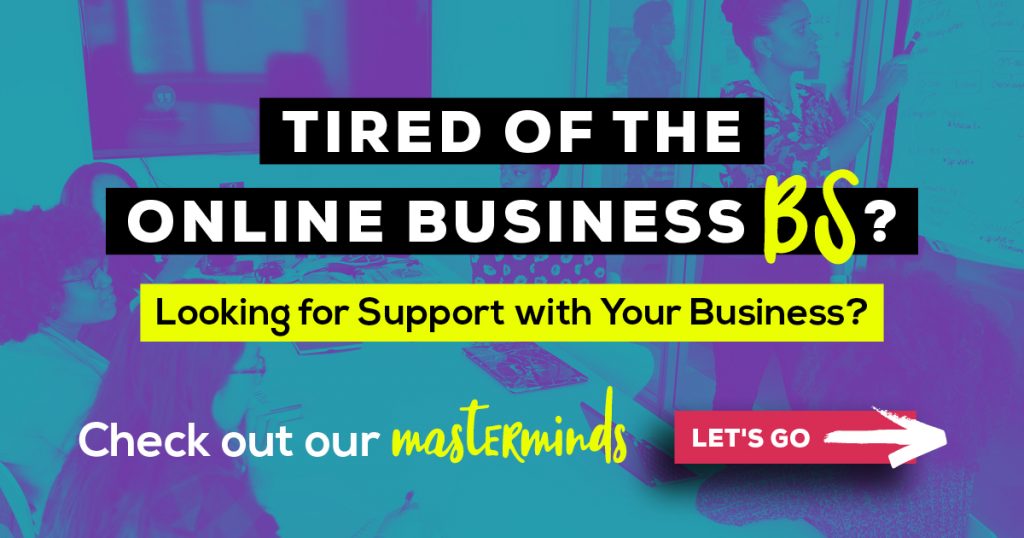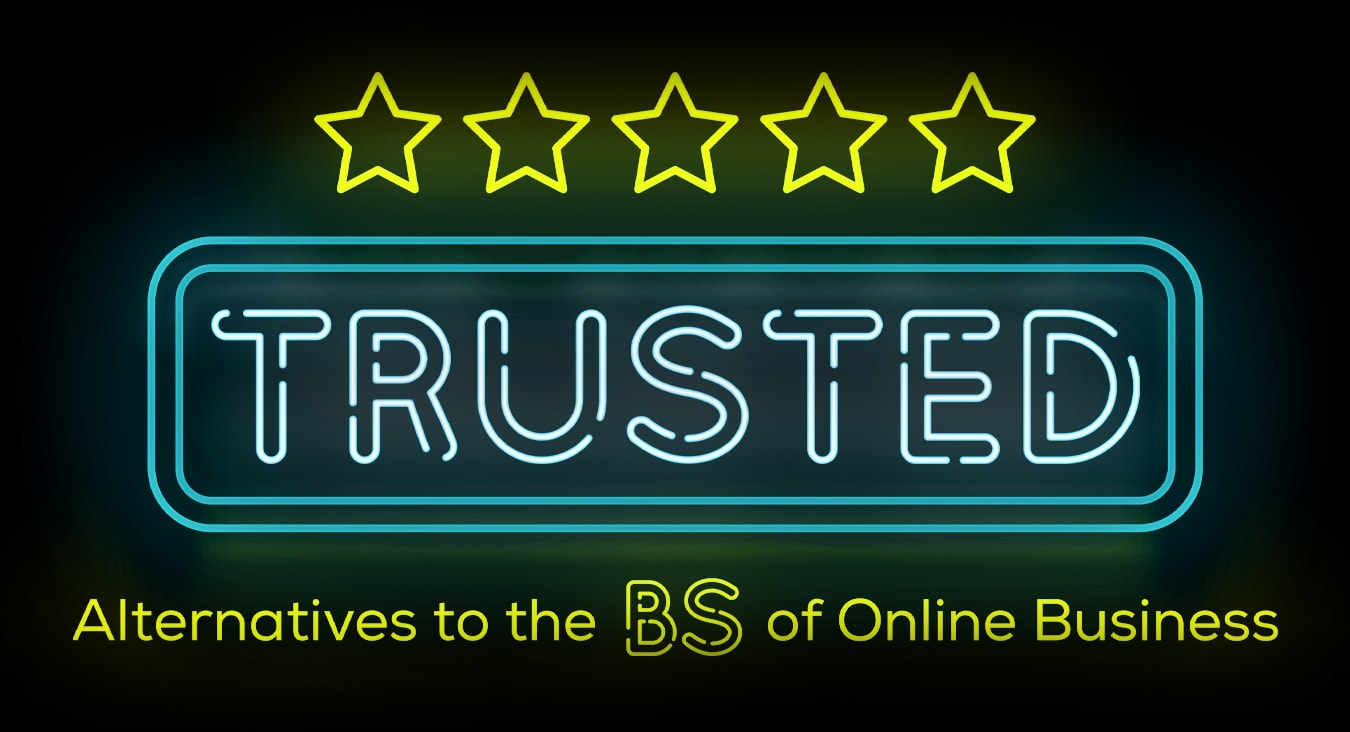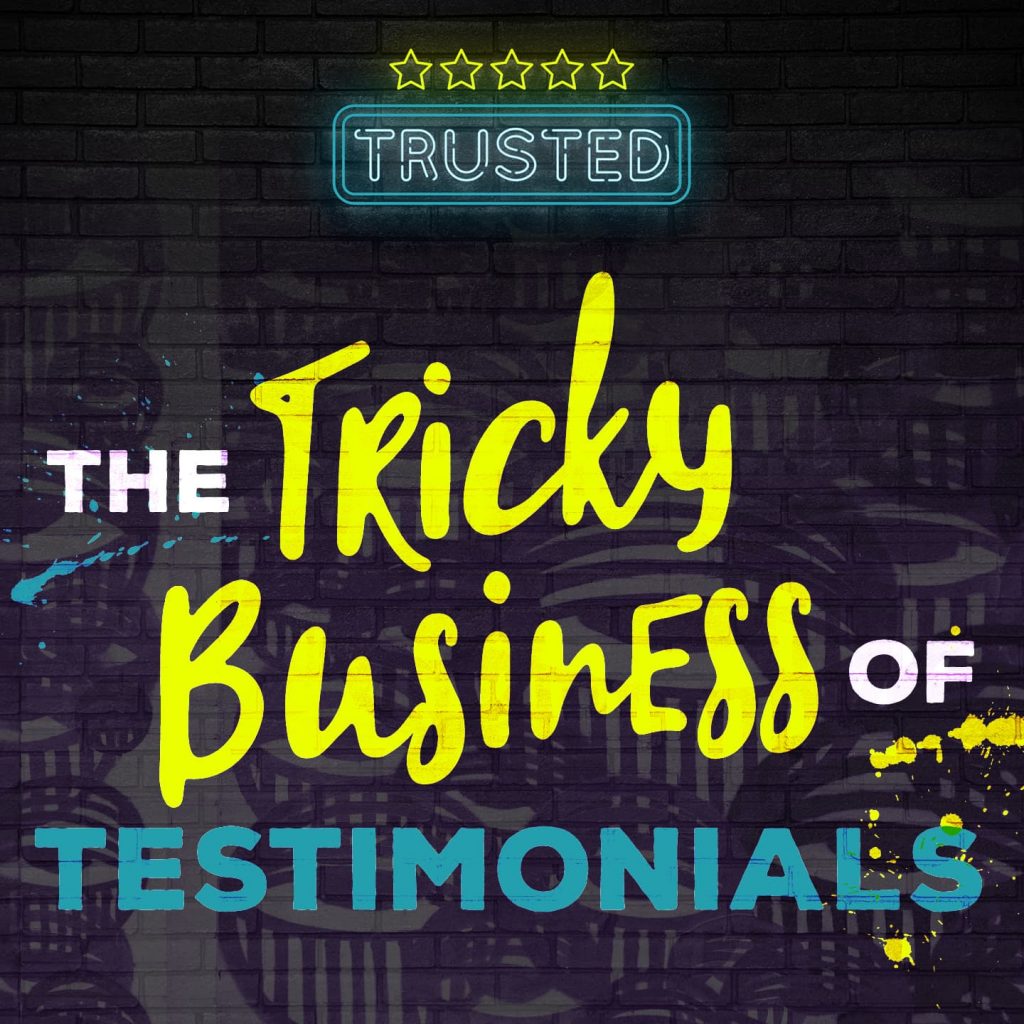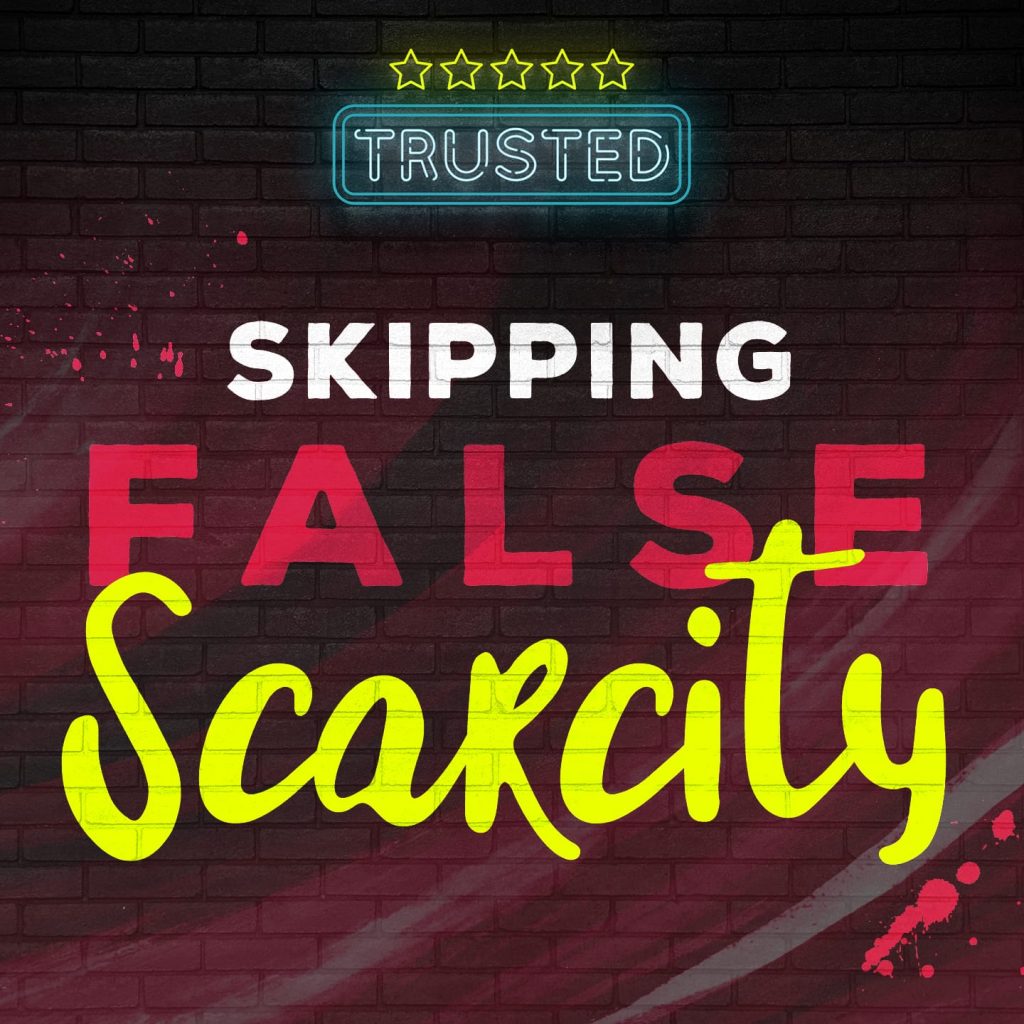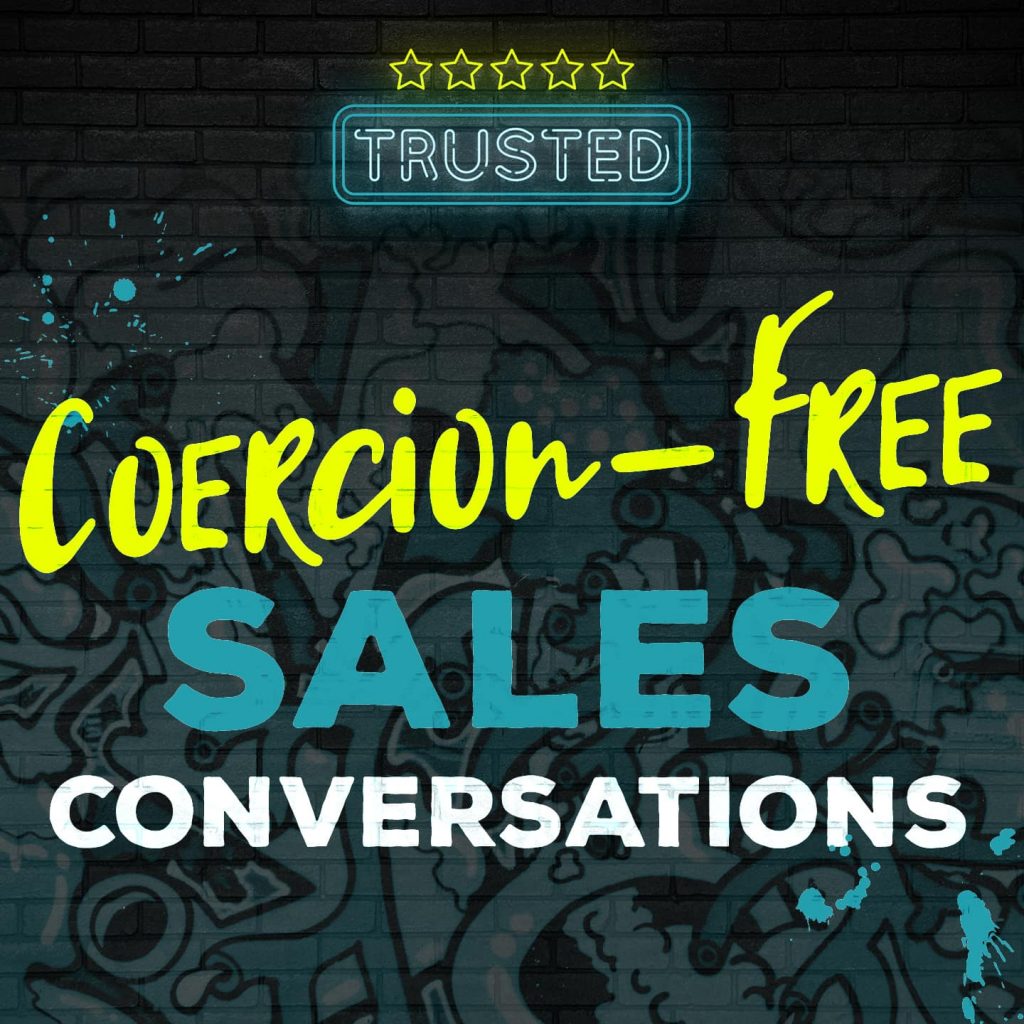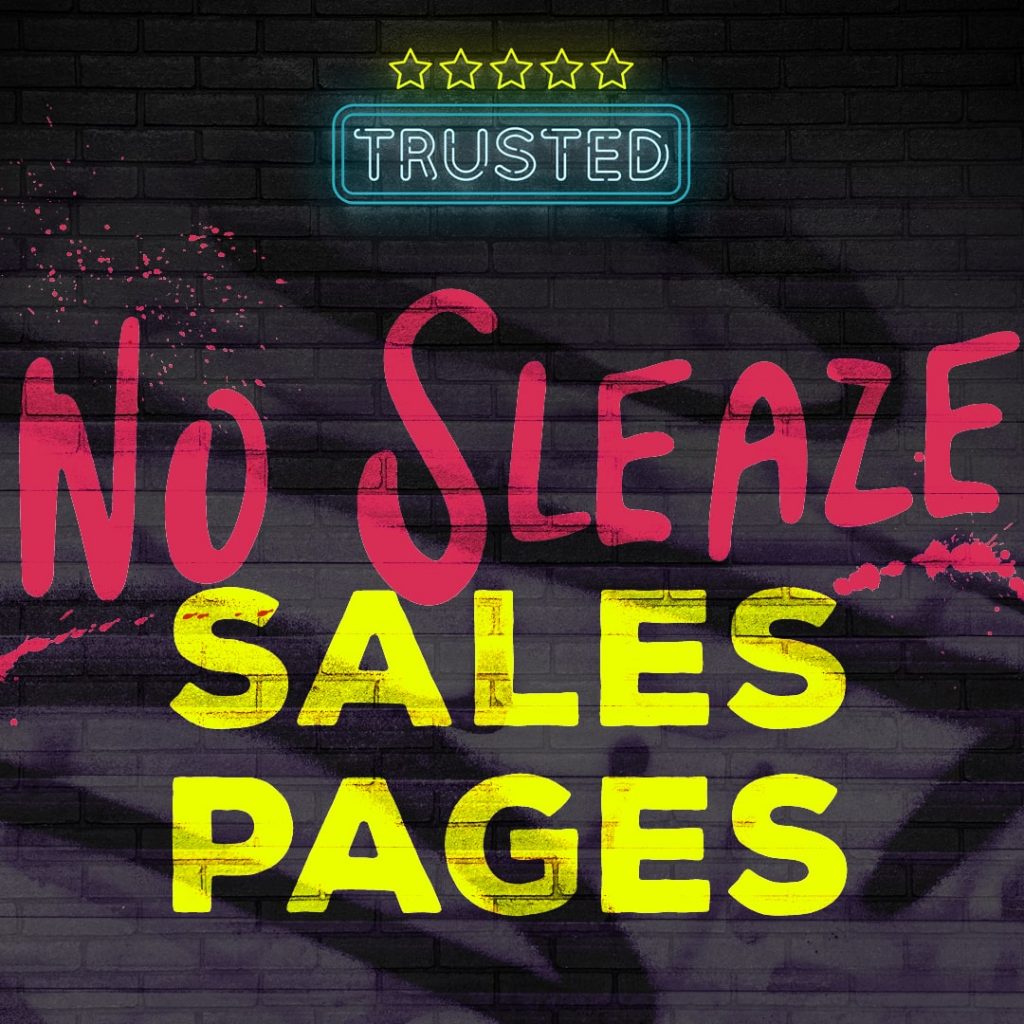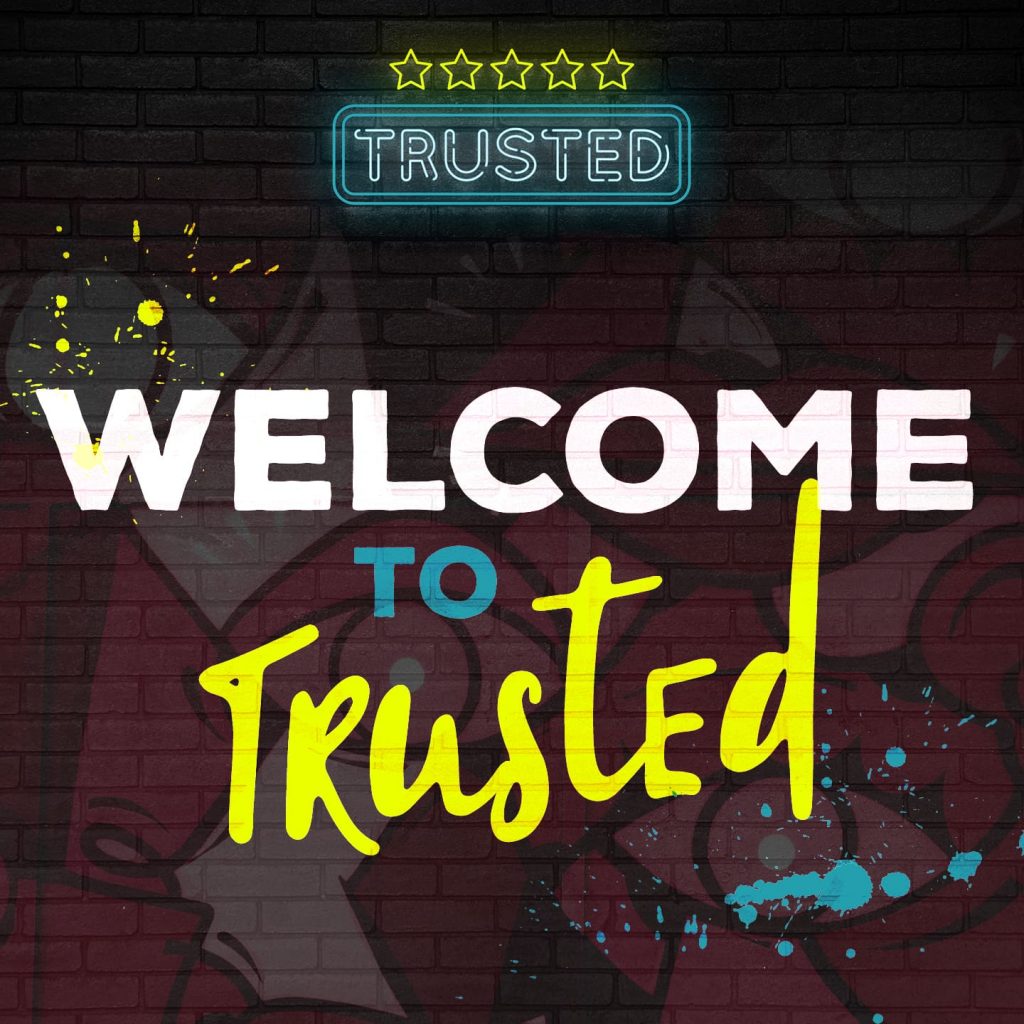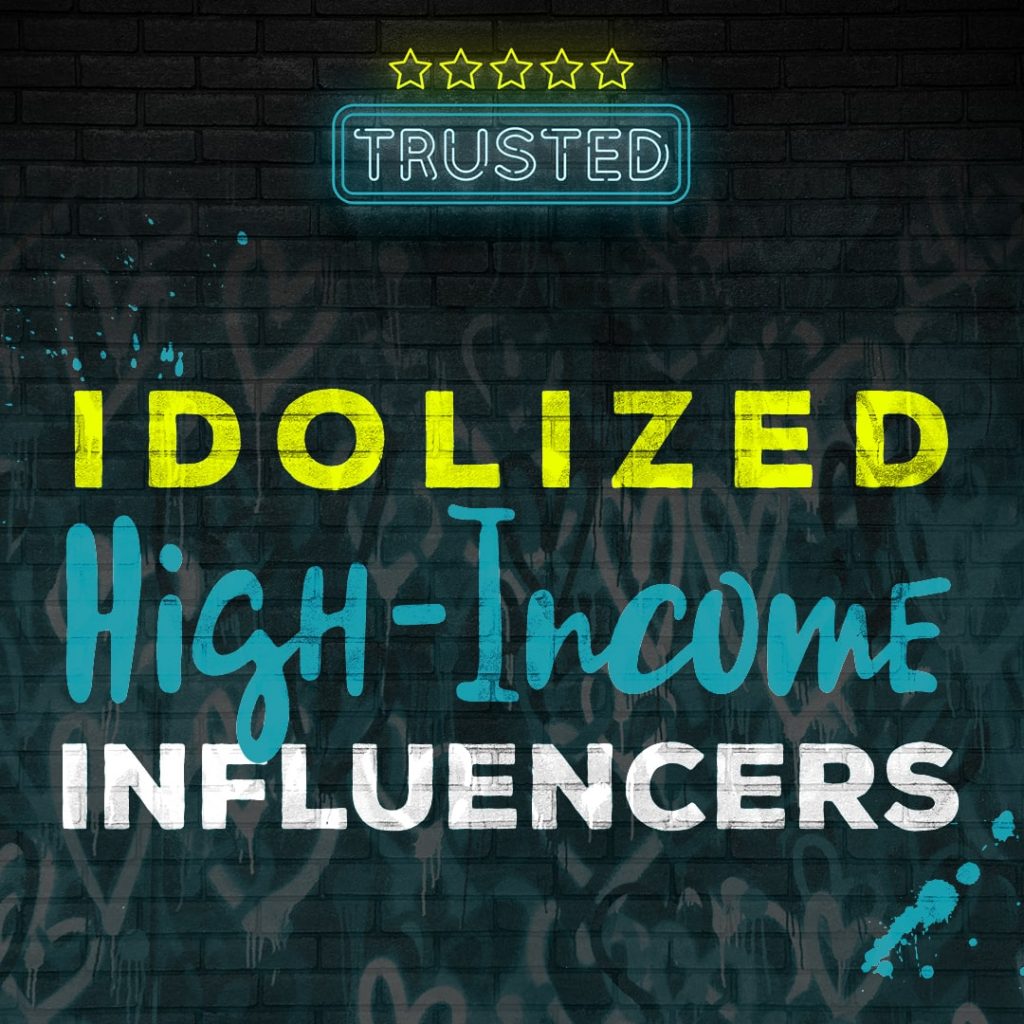
Idolized High-Income Influencers
Do you constantly feel like you’re not fancy or flashy enough in your business? Or that no one is going to pay attention to you unless you can tell them you’re making 6, or maybe even 7 figures? In this episode of Trusted, we’re diving into the problem with idolized high-income influencers, and what the alternatives are.
One of the weirdest things to me when I showed up in the online business world was the way high-income influencers are idolized.
When I say influencers, I mean it as many times as these people aren’t experts at what they’re doing. They’re marketing and selling based on their influencer image which is usually about a fancy lifestyle and making millions.
In those early days in online business, this type of marketing and sales didn’t compute for me. I’d come from the tech world, no one was selling their software or hardware based on their earnings.
The companies in that market are focused on delivering value and client experience, not saying buy my tablet because we made four billion dollars last quarter.
All of this made me feel like I’d entered an alternate universe where income claims and image were more important than anything else.
Little did I know, over eight years later, the phenomenon of idolizing high-income influencers would be as intense as ever. It’s why I talk about the phenomenon of celebrity entrepreneurship so much, as we’re dealing with an entire group of online business celebrities that don’t have much to offer us.
They teach basic ideas that are ripped off or poorly executed. They have crappy customer experience, and their businesses are thriving because they lean so heavily on income claim marketing.
Yet, we keep making them rich.
These celebrity entrepreneurs, these high-income online business influencers are sales and marketing machines who have one goal. For them to make bank.
And this my friends, is a big old problem.
The Problem with Idolizing High-Income Influencers
Somewhere along the way, as an industry, we decided that income is a measure of expertise. That if you earn six or seven figures we should trust you. Or if you help your customers make that kind of money, you must be legit.
The problem is these income claims are complete bullshit in many cases. Sure, there are people that are legit pulling these numbers….but does that mean they’re actually good at what they’re doing?
Not so much. Anyone can say anything online, and we need to separate the idea of being a high-income influencer from being an actual, bonafide expert.
We shouldn’t be so quick to trust someone simply based on the fact they claim to make a high income or based on the trapping of their lifestyle. (Or the PR they claim to have, the results, not typical testimonials they use, or the BS certifications they hold.)
And as business owners, I’m sure this is a relief for many of you, as you’re wondering what you’re going to have to do in order to make your business work.
Do you have to make things up? Do you need to fake it? Do you need to tell everyone how much money you make?
The answer is a hearty hell no.
You don’t have to fall into this trap of using invented authority to position yourself as a high-income influencer. You don’t have to play the celebrity entrepreneur game and be something you are not.
Truth? The high-income influencer game is a tactic. That’s why it’s the first one I’m diving into in this series, because it’s designed to get us to buy, and it’s essential that we see it for what it is, and not think we have to do it ourselves.
Now, let’s talk about how to be an expert, and not get sucked into this high-income influencer image trap.
Is There Really an Alternative?
First and foremost, I want you to know that you do NOT have to play this game. You’re not an influencer, you’re an expert, and that means you need to lean into building your authority.
A quick word on authority. I don’t mean the kind where it’s about having power over someone, but rather being an authority.
Robert Cialdini defines being in authority as, “Is more persuasive as they have superior knowledge, experience or expertise in a specific area.”
Doesn’t that sound great? You’re not relying on all trappings of being an influencer and your image, but instead on your ideas.
Being an authority is about creating a body of work that’s real and original.
For a lot of us, that will mean unlearning the ‘hacker” culture of celebrity entrepreneurs where we’re trained to copy and mimic everything. It may mean that you have to stop holding back in an effort to fit it.
Let me tell you when you focus on being an authority, you’re going to feel weird at first, but then you’re going to feel creative, inspired, and excited as you’re not constrained by the BS.
And then, people start to pay attention as what you’re sharing is unique and interesting. As Tara McMullin would say, it’s not just content, but what Tara McMullin calls remarkable content.
This is how you built trust. As you’re standing on the value of your ideas, which are rooted in truth and transparency.
In the TrustDNA method, truth and transparency are two of the five trust cores, and when it comes. to become an authority, they’re crucial.
Truth: Lead with Your Authority and Values
For the purposes of TrustDNA, I define truth as “leading with your authority and values”, this means no more fake it until you make it in an effort to get ahead.
If you’re thinking, but Maggie, I do tell the truth. I want to challenge you to lean even more into the truth.
But before I do that, a quick word. Telling the truth doesn’t mean you have to disclose everything.
In fact, it’s just the opposite. When you’re an expert, you’re not serving up your life on a silver platter as part of your brand. You get to decide what you share and what you keep private. Not sharing things is completely valid and those boundaries are incredibly healthy.
Being a real expert, a true authority on your subject matter means you don’t have to have a hot take on everything. In fact, you shouldn’t. The key to building trust is people knowing exactly what to come to you for, and that you have deep subject matter expertise on that topic.
Listen, I love a hot take as much as the next person, but this culture of having all the answers all the time about everything, it’s unsustainable, and it’s toxic.
To focus more on the truth, be honest about your qualifications and expertise. What makes you uniquely qualified as someone to listen to on your chosen topic?
Case in point. Why are you listening to me right now talking about trust?
I’m willing to guess that it’s because I’ve done the work of dissecting the issues I see in this market with a focus on how we build or break trust. Because I do the research and take my time to analyze how this fits together. And maybe because I have two decades of business, marketing and sales experience.
If leading with your authority and values feels overwhelming ask yourself this: What’s the one thing you want to be known for when it comes to business? What do you really value and stand for?
Start there.
Transparency: What You See Is What You Get
Transparency is the cousin of truth when it comes to building trust as an expert. For the purposes of TrustDNA, I define transparency as “what you see is what you get”.
In the context of online business, it means dropping the BS and exaggeration that’s so common. When you talk about your experience and your business journey, stick to the facts.
You’re good enough as you are. I repeat. You’re good enough, and you’re ready for what’s next.
Instead of faking it, what if we choose to honor where we’re at in our business journey?
Faking it is exhausting, and there’s a freedom that comes from true transparency.
When I first started freelancing I was honest that I was a couple of months into it, I didn’t pretend I’d been doing it for years, and my potential clients appreciated that I was transparent and they still hired me. It was factual information, and not a big deal. I didn’t fake anything and I definitely didn’t apologize for where I was at when I was starting my business.
We need to stop thinking that everything has to be fake, flashy, or fancy to run a successful business. Some of the most successful people I know are legit experts with nothing fancy going on, but they’re damn good at what they do.
The other part of this is how you share stories. The current model of storytelling in online business relies on dramatic and traumatic stories, and it’s seriously broken.
Share stories that serve your audience in a way that’s responsible and respectful. Ditch the stories about how much money you’re making, how you were sleeping on your sister’s couch because you were broke or that time you were scared to invest.
It’s bullshit, and while it may activate some buyers, the rest of your potential clients know it’s bullshit and you’re breaking any trust you may have built.
Skip the drama and trauma stories, and tell ones that create a real, not a contrived, connection with your community. That’s where trust takes root and will grow over time.
Experts are Trusted, Influencers are Idolized
High-income influencers in the online business space aren’t trusted, they’re idolized. And while looking up to someone, there’s a danger to idolizing successful business owners thanks to what’s called Survivorship Bias.
Survivorship Bias (first coined by statistician Abraham Wald) is very common in business. We see it at work in online business, as we celebrate the successes, but we ignore the failures. We see the big-name celebrity entrepreneurs crushing it, but we don’t see their failures or the lesser-known people that fail along the way.
The result is that we decide their way is the best way, even if it’s actually the result of privilege, timing, luck, or a fluke. These individuals are just the loudest and shiniest examples in the market. It’s an aberration that’s sold to us as a solution.
When we look at high-income influencers, we need to carefully consider what we don’t see. When you take the time to think critically about them you’ll notice that we don’t idolize them because we trust them, but instead because we’re conditioned to value them by virtue of their image or wealth.
On the flip side, if you look at someone you consider an expert, who’s truthful and transparent, you trust them based on that alone. You likely have context for their overall body of work, experiences, and what brought them to that point, including their failures. You don’t care about their glossy photos, fancy house, or how much money they’re making.
And that kind of trust? It’s a hell of a lot more sturdy than the kind that the high income influencers manipulate us into having. That trust will last and endure, and unlike it does with an influencer, it gives you room to be human.
There’s No Need to Play the High-Income Influencer Game
When you think about how to be trusted, everything I’ve shared may seem super simple, but it’s going to take a conscious decision on your part to tap out of these BS tactics of the high-income influencer game.
But it is possible. There’s another way to do things where we can put trust first in our business. Outside of the online business/Instagram bubble that’s how business is really being done, it’s how I do business. It’s how my clients do business. And I hope it’s how you’ll do it too.
In the next episode of Trusted, we’re going to dive into the problems with sales pages and some of my favorite alternatives.
When you put trust first in your business, you’re busting out of the bullshit blueprints and going back to proven basics for your sales and marketing. And if you want to learn more, check out the TrustDNA resource page.
Finally, if you’re ready to focus on building a trust-first business and need help, I’d love to have you join us in one of our upcoming masterminds. You can get more details about TrustDNA, The Lab, and our other masterminds.
